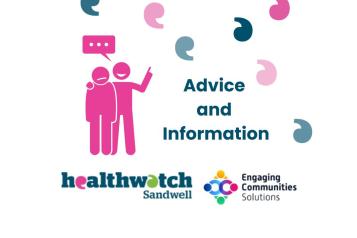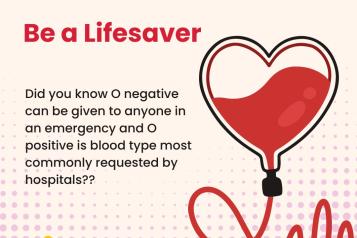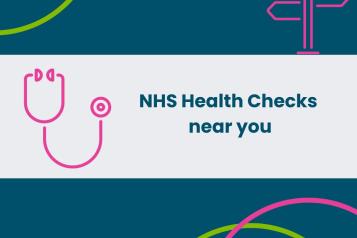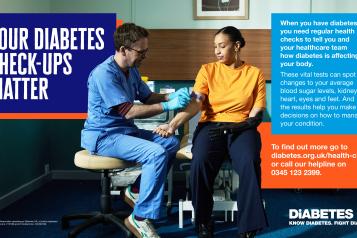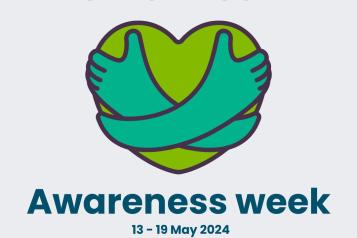As a nation, we're a generous lot. You could say that giving is in our blood. But it’s blood we need more people to give to save lives.
Every minute, the NHS needs 3 lifesaving blood donations - everything from emergency surgery, to the precious blood that keeps people with sickle cell healthy.
Sickle cell is more common in people of Black heritage. To get the best possible treatment, people with sickle cell need blood that closely matches their own. This often comes from donors of the same ethnicity. That's why we particularly need donors of Black heritage to sign up and start giving. We also particularly need O negative and O positive donors to book an appointment. O negative can be given to anyone in emergencies, and O positive is blood type most commonly requested by hospitals.
